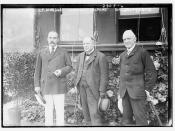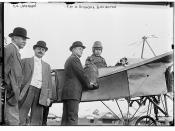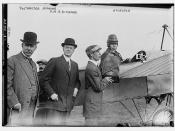While researching the material that would eventually become her memoir, My Place, Sally Morgan says, "I have a right to know my own history"� (193). But the history she speaks of is not only her personal life but also the history of all Aboriginal people. Morgan has a right to know this history, but whether she has the authority to write the history of all Aboriginal people is arguable. Morgan, while of Aboriginal descent, is of white skin and largely White heritage. Her father is White and her mother's white skin masks her Aboriginal lineage. Can Morgan write as an Aboriginal person? As Margery Fee points out in "Who Can Write As Other,"� the debate over who can write for who is an ongoing one.
Some critics see the argument as purely biological, a mistake considering this stance "denies Fourth World writers a living changing culture"� (Fee 243). But the opposite stance is just as dangerous.
Says Fee: "If we simply conclude that if one feels [Aboriginal] one is, we fall into a new set of problems. I may feel [Aboriginal], I may think I am writing as one, and be completely deluded"� (244). As both White and Aboriginal, Sally Morgan is both the White majority and the Other. Thus writing for both the majority and minority "" a requirement of Morgan's biracial heritage "" requires a clever balancing act.
Morgan walks this tightrope by devoting the first quarter of her novel to proving her authenticity. Critics could interpret an immediate statement of "I am Aborigine"� as self-serving and ignorant, like a White entertainer in Blackface. To avoid this pitfall, Morgan waits until page 121 of My Place to call herself an Aborigine. The preceding personal history "" when Morgan is "White"� "" is not simply part of her...


